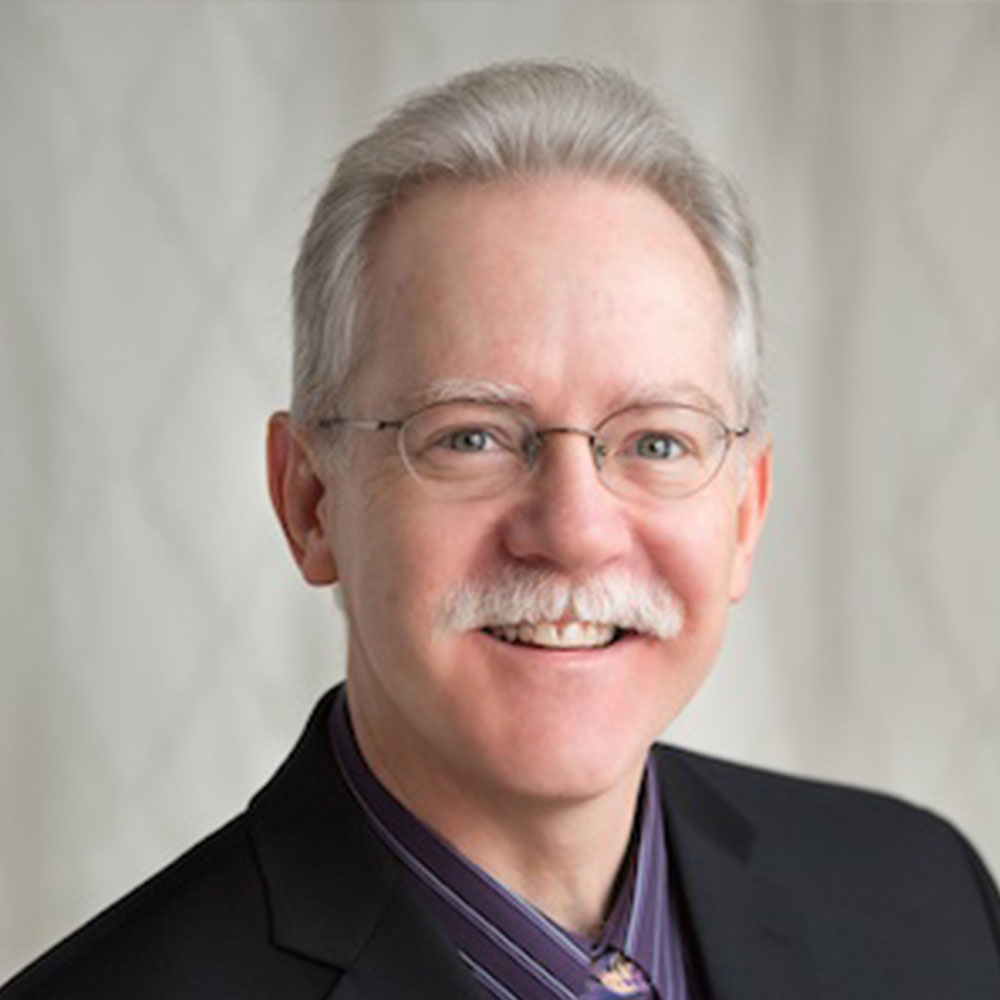Timothy Cheek, School of Music, Theatre & Dance

Italian, French, and German Lyric Diction courses are required for both undergraduate and graduate voice majors, conductors, and collaborative pianists. Inherently Eurocentric and skill-oriented, the courses culminate with U-M students performing for their classmates within the confines of their classroom. How to break through the seemingly narrow focus of the courses, shift the centrism, give students perspective beyond the classroom, increase their skills and knowledge, and set them on a road to independence and global collaboration? The answer came to the teacher of these courses as a response to the pandemic, and as a response to the murder of George Floyd.
By adding the component of Virtual Exchange, U-M students first meet one-on-one outside of class, virtually, with European peers (from the Cherubini Conservatory in Florence, Italy for U-M’s Italian Diction class; the Hochschule für Musik Nürnberg, Germany, for German Diction; and the Janáček Academy of Musical Arts, Brno, Czech Republic, for Czech Vocal Literature), who help them with pronunciation, understanding of text, style, and cultural and historical context. In exchange, European students learn songs by African American composers alongside their U-M peers, who help them with pronunciation, understanding of text, style, and cultural and historical context. Performances for the combined classes occur live in the classroom and through Zoom, with direct communication to and from native speakers well beyond the classroom. These performances are in a masterclass format, with students’ respective teachers leading the sessions for their country’s repertoire. Students also discuss in front of the combined classes what they learned from one another.
Innovations are two-fold, then—technology enables one-on-one and group Virtual Exchange to occur in diction classes, a first across English-speaking countries; and African-American art song becomes an equal part of the exchange—a unique way of incorporating underrepresented but rich repertoire into classes otherwise wholly focused on foreign-language European repertoire.
By incorporating songs by African American composers as an equal part of the exchanges, the music of Italy (or Germany, etc.) is placed on equal footing with these songs. As a result, students gain perspective and knowledge, and have more appreciation for their own and others’ cultures, which comes across in their singing. Diversity, equity, and inclusivity are enhanced at two levels—underrepresented music is given equal attention to European music; and those who may not have the opportunity to study in Europe are given the opportunity to collaborate directly with European peers.
By engaging with European peers, U-M students more quickly bridge the gap between learning to produce correct foreign sounds and singing with direct communication. The courses help to spark a life-long love and fascination for other languages and cultures. Because students are more engaged, more excited, and more curious, they learn and apply their skills more eagerly, and will have greater retention. The course puts their work in context, outside the walls of a U-M classroom. It widens their perspectives, develops independence, initiative, and social and intercultural skills, while laying a groundwork for international collaboration. Students have responded with unanimous enthusiasm. Some are excitedly continuing their collaboration beyond the courses. Others are applying for Fulbright and other awards to continue the exchanges on-site. Others—on both sides of the ocean—are finding creative ways to program the repertoire they have learned or heard.
With U-M serving as a model, this approach can be taken up by other music schools across the country, as well as in other English-speaking countries. These courses will help play a major role in disseminating the substantial African American repertoire throughout both the United States and Europe, and will do much to educate students and audiences about the African American experience. Songs, with their fusion of great words and music, are a direct door not only into the composers’ and poets’ minds and hearts, but into their historical era and culture. Many of the African American songs are set to the great poetry of Langston Hughes, Maya Angelou, Paul Laurence Dunbar, and others. These wonderful songs, then, could easily be incorporated into English Literature, American History, and other international virtual exchange courses. U-M students learn about their own culture and history while gaining added context and perspective from their international collaborators, along with insights into their peers’ cultures, all while honing many skills needed for their profession and lives. Everyone involved benefits!
Above photo:
Timothy Cheek, School of Music, Theatre & Dance




